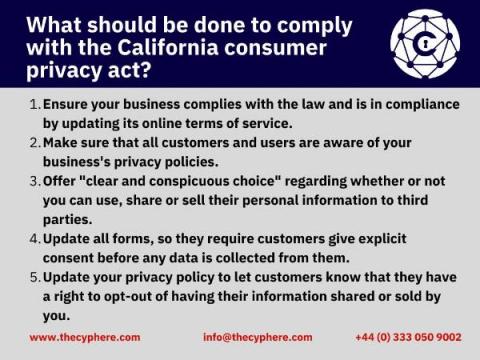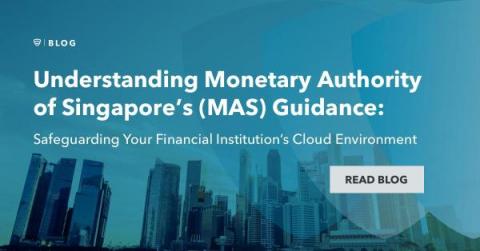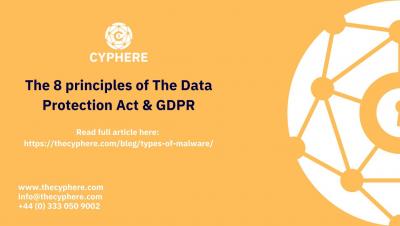Cybersecurity Laws - Get Ready Today to Save Some Money Tomorrow
It looks likely that the UK will join a growing number of nations promoting cybersecurity’s importance for businesses including the introduction of new laws. Amongst the proposals being considered are adding new powers to the UK Cyber Security Council that could significantly change the reporting requirements associated with security incidents. From what has been shared to date, two points that stand out are as follows.








